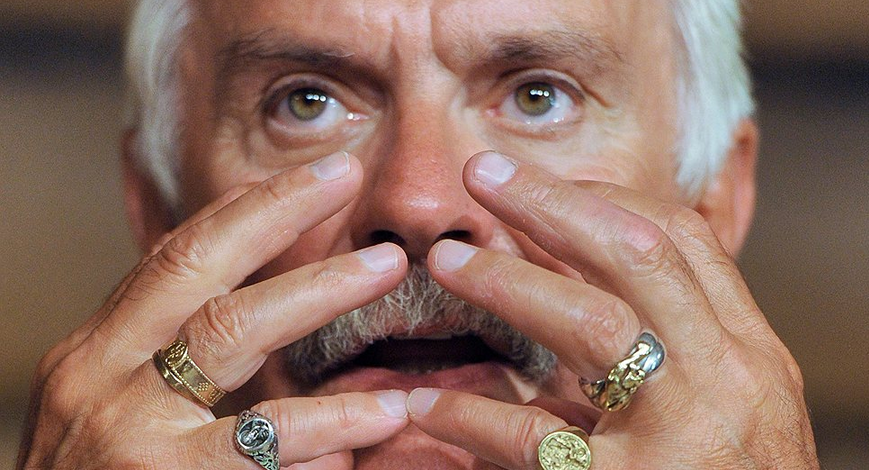Ministry of Communications proposes to reform the law on copyright protection

The Ministry of Communications and Mass Media is planning to amend the Civil Code of the Russian Federation, which would completely abolish the unconditional collective management of the rights of the authors, Vedomosti reports . The decision to amend the legislation was made on the basis of the opinion of the Ministry of Communications that the current system of copyright management is imperfect.
According to the ministry’s comments, the current model “has a number of significant flaws, which include the lack of transparency in the mechanisms for the operation of accredited collective management societies, the collection and distribution of remuneration between rightholders, and the lack of control over the activities of accredited collective management organizations of copyright and related rights. " The text of the amendments to the Civil Code on the portal regulation.gov.ru has not yet been published, now the stage of public discussions is underway, which will last a little more than a week, until August 20 of this year.
The Ministry of Communications proposes to completely abandon non-contractual management in favor of a fundamentally different model - contract management, which will be concluded between authors or right holders and societies for collective management of rights. According to the ministry, these changes will increase transparency and efficiency in this area of activity.
')
Now there are several rights management societies, for example, the Russian Authors' Society (RAO), which charges fees in favor of all authors, even those who do not have an agreement to receive payments. The other, the Russian Union of Rights Holders (RSP), charges fees to manufacturers and importers of electronics and physical media (CD, DVD). RSP in 2013 collected 3.4 billion rubles, of which only 2.2 billion went to the authors. The third organization, WIPO (All-Russian Intellectual Property Organization), works in the production and distribution of phonograms.
Another impulse for reforming the GC was the recent discussion of the so-called “global license” on the Internet, the introduction of which was lobbied by Nikita Mikhalkov. As planned, under the new “license”, all “users”, that is, devices with Internet access, would be taxed in the amount of 25-30 rubles per month for using digital content. However, the country's leadership in the person of President Vladimir Putin did not support the initiative and consideration of the possibility of applying the “global license” was removed from control by Deputy Prime Minister Igor Shuvalov.
The authors are also expressing dissatisfaction with the work of RAO and other organizations. For example, in the opinion of the poet Ilya Reznik, organizations "dictate their enslaving conditions and impose miserable, degrading tariffs on the author."
Source: https://habr.com/ru/post/366079/
All Articles